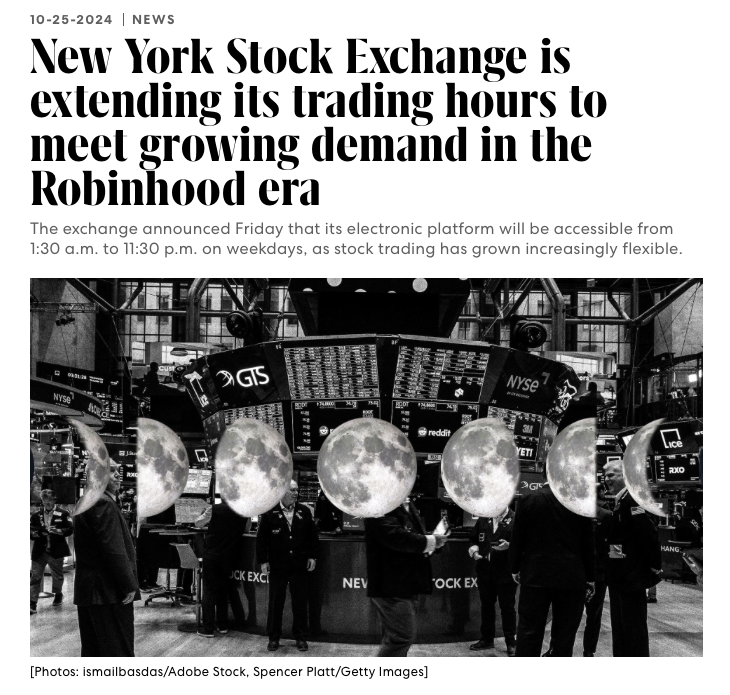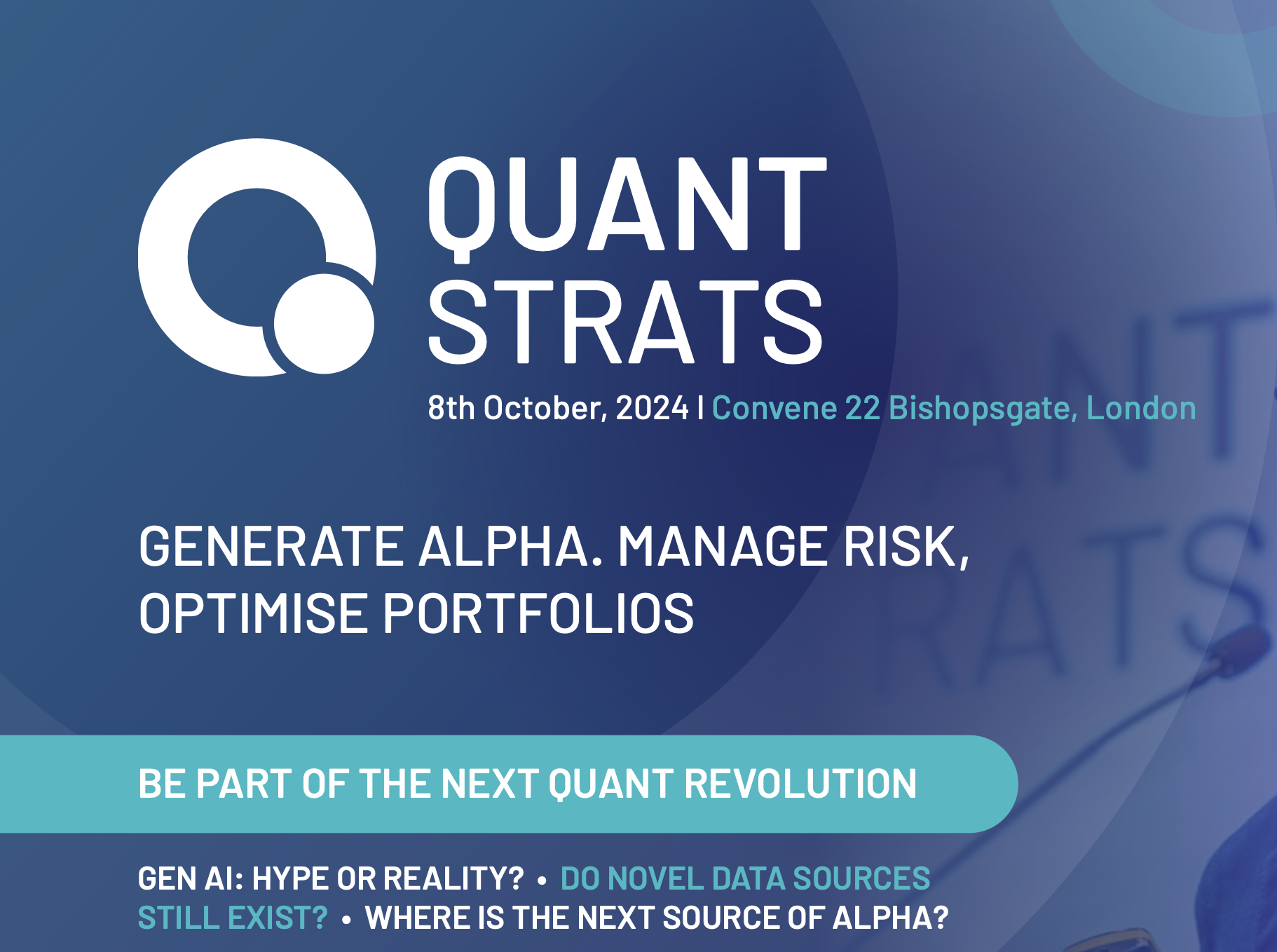The Truth About Tech Jobs in Finance - Nepotism, Hedge Funds & Salary Secrets!
The finance & tech job market EXPOSED! A couple of weeks ago, I had the pleasure of sitting down with Craig Whiting, Managing Director at RLS Search and host of the Top 10% Podcast, for an unfiltered conversation about some key topics in our industry:
- Banking grad schemes – Are they worth it?
- Nepotism in investment banks – How much does it matter?
- Hedge Funds vs. Banks – Where should you work?
- The truth about promotions & counteroffers
- The best way to negotiate your salary
- Does your university degree really matter?
- How to find a good recruiter (yes, they exist!)
If you're exploring job opportunities or simply want to understand the industry landscape, key considerations when searching for a new role, and more, join this insightful conversation between two seasoned professionals in the field.




